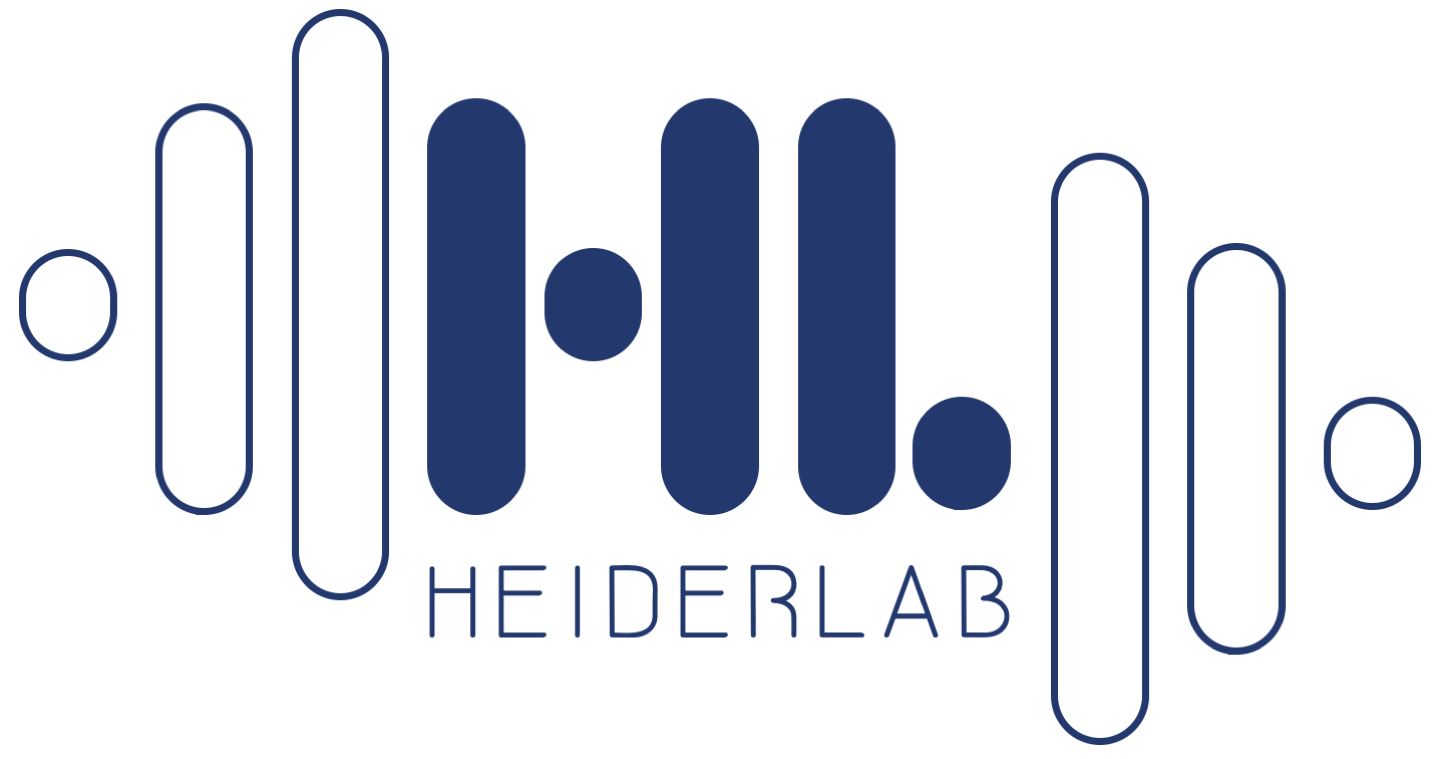New project is funded!
Our project Deep Legion: Detection of virulence factor protein domains in Legionella using deep autoencoders has just been granted by the BMBF (031L0288A).
The partner in the project is the University of Giessen.
Abstract
Legionella pneumophila is a Gram-negative bacterium and an important intracellular pathogen. It causes Legionnaires‘ disease, a specific form of pneumonia in humans. L. pneumophila is highly adapted to intracellular replication and manipulates vital host cell functions such as vesicle transport and gene expression by employing over 300 specific virulence factors. Many of these contain eukaryote-like protein motifs acquired during co-evolution with their hosts and inserted into bacterial virulence factors, which is essential for understanding the pathophysiology of the disease and potential therapeutic targets.
Therefore, this project aims to use Deep Learning approaches to identify virulence factors based on our current data, predict their origin and function, and validate these predictions in vitro. Our new Deep Learning approach will pave the way for new applications in precision medicine for infectious diseases.
We will implement this new Deep Learning-based annotation pipeline as a rapid software tool in this project. In addition, we will complement this tool with database creation capabilities to compile specific databases. In this way, we will provide the research community with a powerful tool for rapid annotation of DNA sequences, protein motifs, and domains. In addition, we will containerize this tool in highly scalable cloud computing infrastructures.


